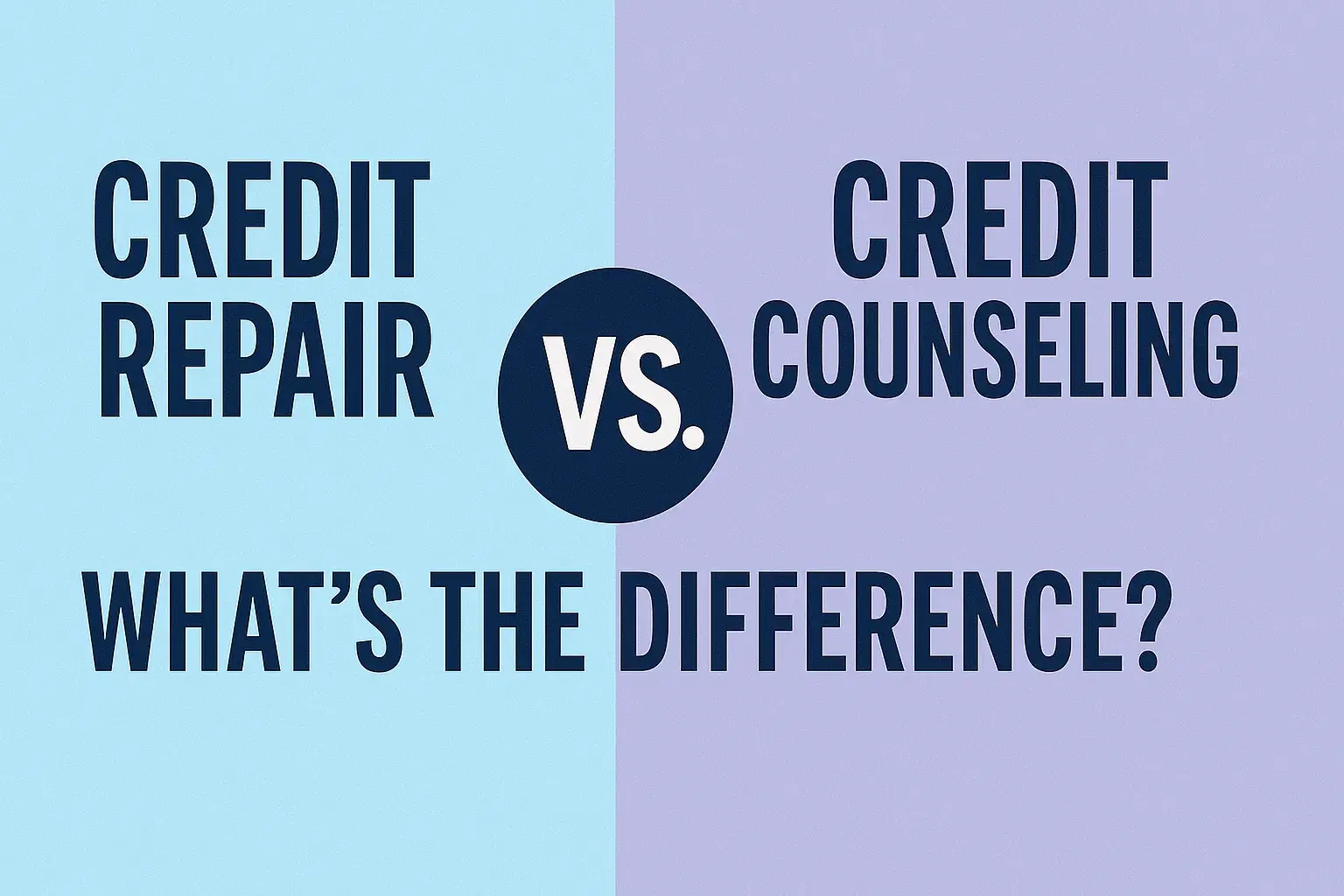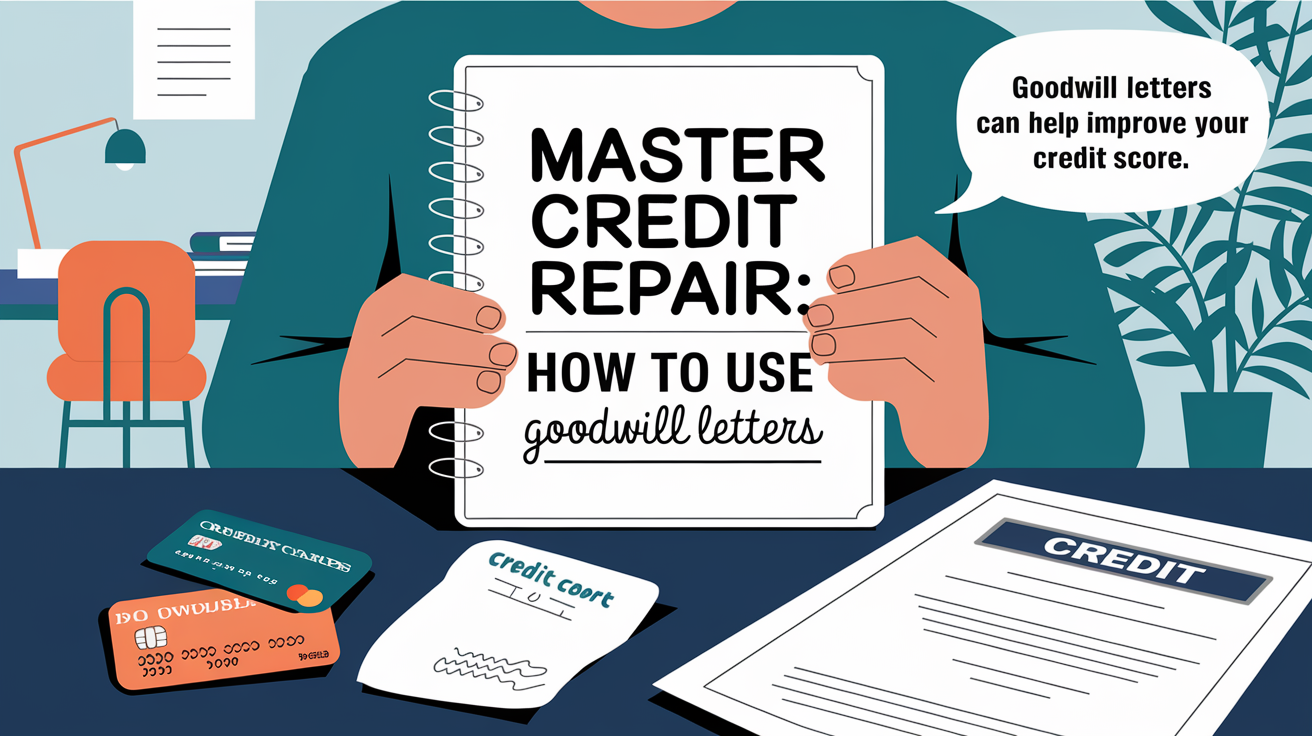How Do You Repair Your Credit?
A comprehensive guide to credit repair
Bad credit is a disadvantage to many areas of life, and it’s important to avoid it. This can cause difficulties in obtaining loans and credit cards, finding accommodation, or getting a job. I am glad to tell you that there is much one can do to rebuild credit and raise credit scores in the process. Below is a list of guidelines on how you can repair your credit effectively.
Check Your Credit Reports The first step is to review your credit reports from Equifax, Experian, TransUnion, or any of the three credit bureaus. Annualcreditreport. Com offers free copies of your reports once per year. It helps to check the reports because there can be some mistakes or outdated data that can lower the score. Some of the problems users experience are having access to the wrong account, incorrect account status, and wrong personal details. If you discover any incorrect mistakes, challenge them with the credit bureaus for deletion or correction. This can increase your scores.
Pay Down Balances Credit utilization is another key aspect that plays a big role in determining your credit scores. More precisely, this is the proportion of total credit card balances and total credit limits. It is important not to exceed 30 percent of the credit limit, and this is the advice of most financial gurus. Reduction in balances paid can quickly slash your utilization ratio and cause a rise in your scores. Should concentrate on the cards with the highest balance and try to repay them as early as possible. Although it may be impossible to make full payments on your balances if you’re struggling financially, you will still see the benefits of paying down the balances over time to the health of your credit.
Become an Authorized User It also helps to piggyback off someone else’s good credit score in case you want to improve your credit scores. If you have a friend or relative with good credit and an old credit card, you can take advantage of this opportunity and be included as an authorized user on the account. These positive payment histories will then be reported and can improve your scores by as much as twenty-five points in one to two billing cycles. This method is most effective when the main cardholder has small balances and has never paid for any of the credit cards past due. It is also important to ensure that you are not issued with a real card that is linked to the account so that you can’t be trapped into charging an account and accumulating a bill.
Dispute Negative Items That is why when you have negative items such as late payments or collections accounts, you can dispute to have them removed. First, obtain your credit reports so you can see which of the negative items may be unverifiable, inaccurate, or old. Finally, write letters to the respective credit bureaus and furnishers, telling them why the items should not be reported on your credit reports. Include as many supporting documents as possible. The Fair Credit Reporting Act requires credit bureaus to verify negative information within thirty days of receiving it through the furnisher. If they cannot be substantiated, they must not appear in your reports. This can be rather helpful in giving your scores a nice boost.
Set Up Payment Reminders The simplest method of credit repair is merely to make sure that all your bills are paid on time from that point forward. To avoid making future late and missed payments, you can use automatic payment reminders. Almost all credit card and loan servicing companies offer consumers the opportunity to agree on receiving payment alerts through text, email, or an application. You can also use calendar alerts or receive notifications through your bank in the instances of calendar transfers. Automating payments also has the benefit of being able to guarantee that payments are made on time.
Limit New Credit Applications In the case of credit repair, it is always advisable to avoid applying for new accounts as much as one can. While there is no direct harm in having multiple credit inquiries and opening new accounts, frequent checks and credit applications hurt your scores. This is because it may be associated with a higher credit risk to the lenders. If you have to apply for new credit, be sure to do it at least six months apart from the next application. Moreover, do not close old credit card accounts while building credit, as it reduces the amount of available credit, which also affects the utilization ratio and scores.
Some credit repair is a gradual process that needs constant effort and commitment toward making proper credit decisions in the future. They include disputing the negative items, paying your bills on time, and ensuring you have low balances; this will lead to improved scores within 6 months to 1 year. Do not expect immediate results if the changes are not obvious. If necessary, you can also speak with a nonprofit credit counselor who can assist in the creation of an effective credit repair strategy. When it comes to credit financing, credit scores can be repaired as long as one is willing to work hard and be more disciplined in the future.
Ready to boost your credit score? Call +1 888-804-0104 now for the best credit repair services near you! Our expert team is here to help you achieve financial freedom and improve your credit. Don't wait—get started today!
Related Stories
Recent Posts
How Long Do Hard Inquiries Stay on Your Credit Report?
Does ZIP Code Affect Your Credit Score? Facts vs Myths Explained
How to Choose a Credit Repair Company in 2026
Does Closing a Checking Account Affect Your Credit Score? Here’s the Truth
Is a Home Equity Loan a Second Mortgage? The Definitive 2025 Guide


